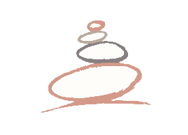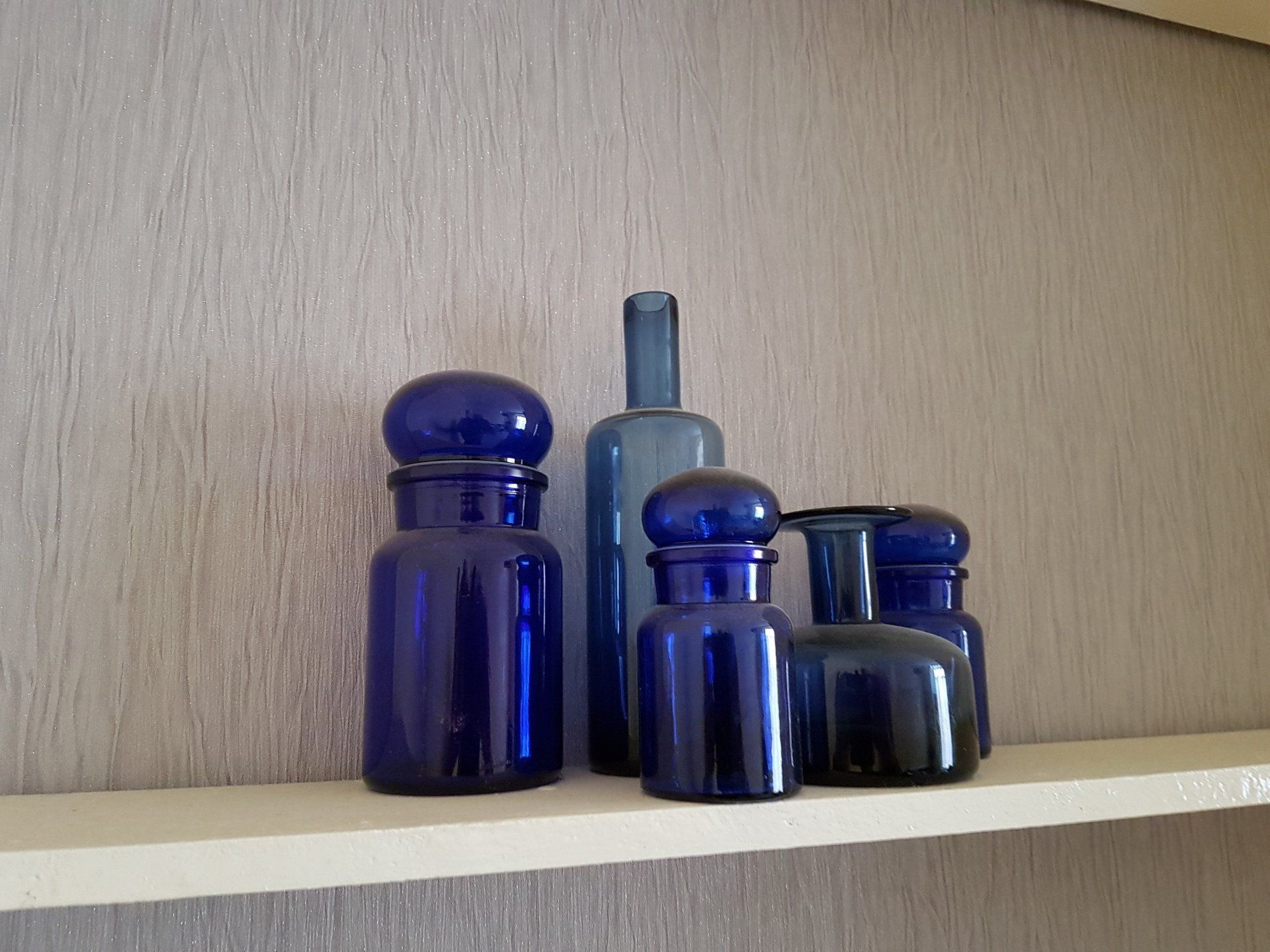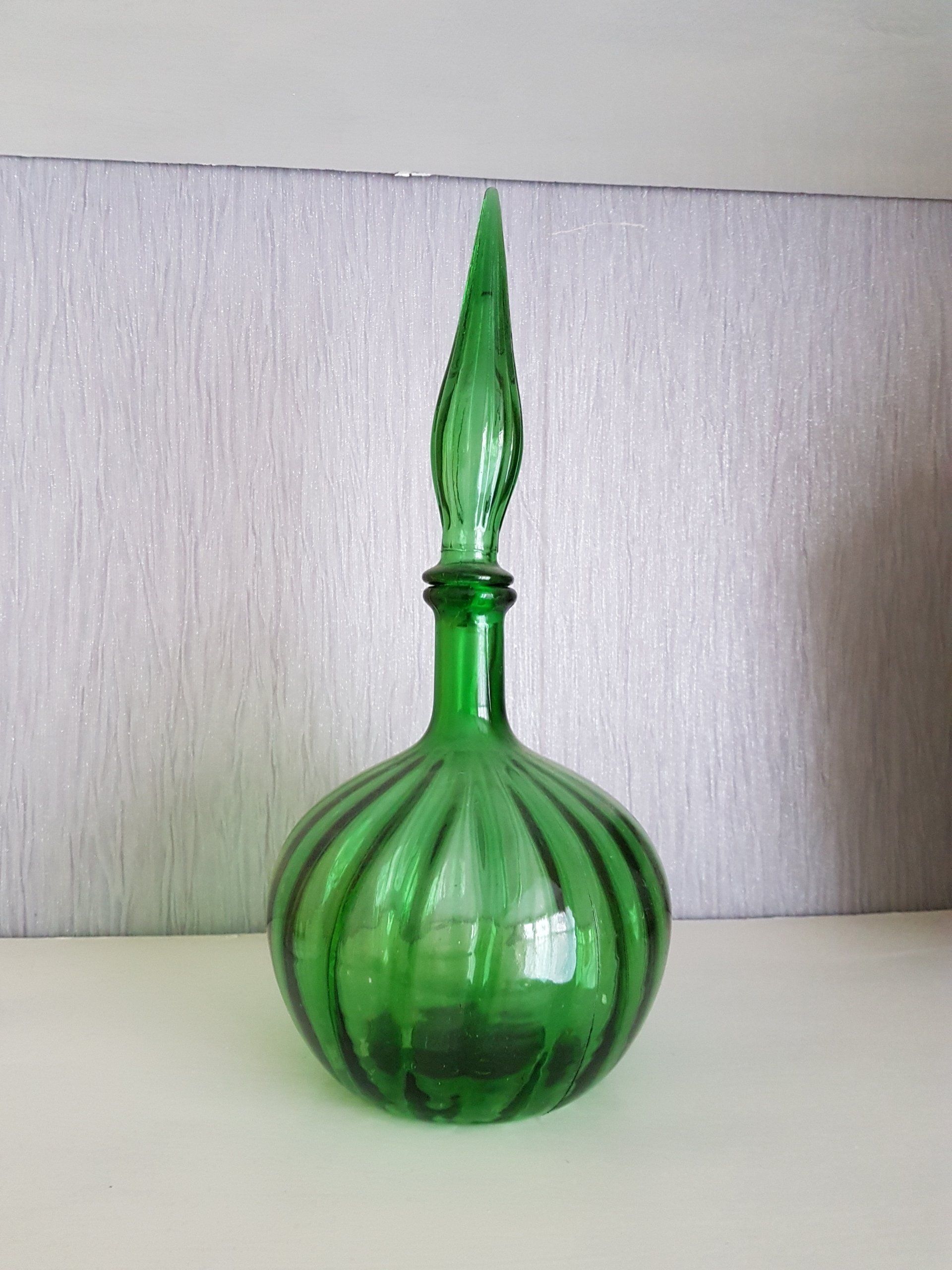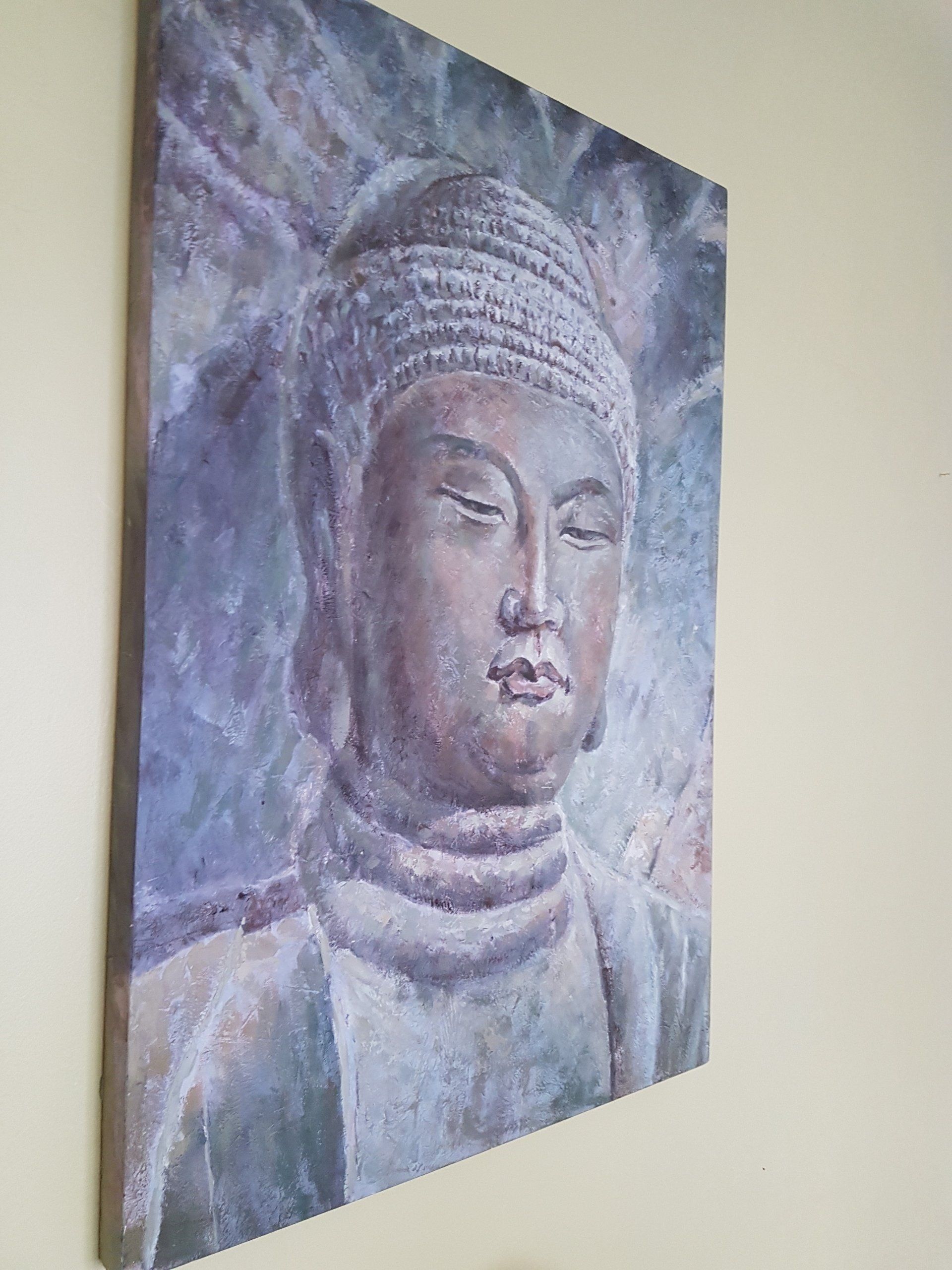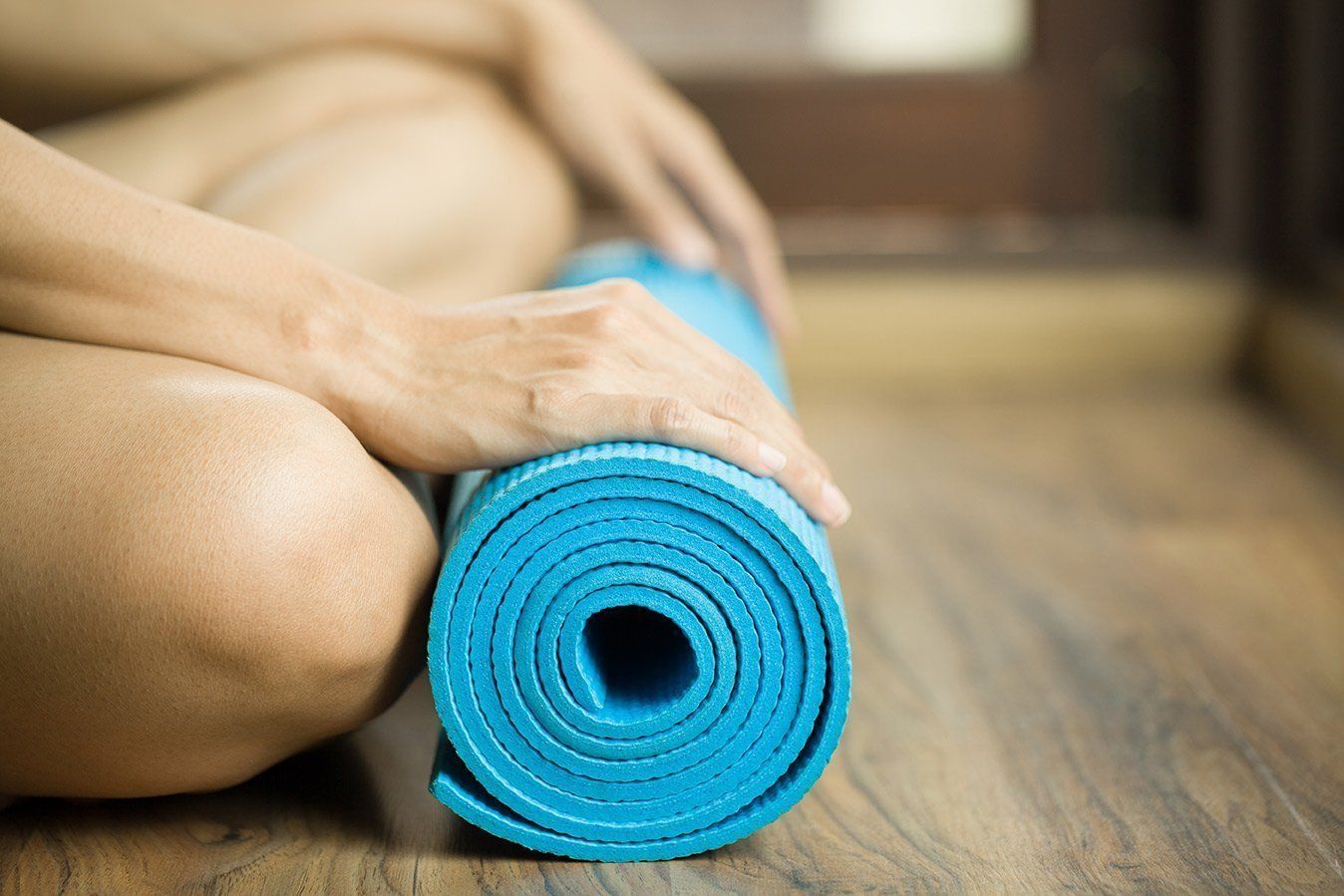Dépendance au shopping
If you would like to discuss your requirements further telephone
(+44) 08454670612 or
(+44) 07593809574 or
email us
If you would like to discuss your requirements further telephone
(+44) 08454670612 or
(+44) 07593809574 or
email us
La dépendance au shopping est une condition dans laquelle un individu souffre d'une contrainte d'acheter des choses. Les achats et les dépenses obligatoires sont souvent décrits comme un modèle d'achat chronique et répétitif qui devient difficile à arrêter et entraîne en fin de compte des conséquences néfastes. La dépendance au shopping n'a pas actuellement de diagnostic distinct dans le Manuel diagnostique et statistique des troubles mentaux, mais elle est considérée comme un trouble du contrôle des impulsions et présente des caractéristiques similaires à d'autres troubles de dépendance sans impliquer l'utilisation d'une drogue intoxicante.
Shopping Addiction Statistics
Shopping Addiction Statistics
About 6% of women and 5.5% of men are compulsive buyers, according to a 2006 study from Stanford University in the American Journal of Psychiatry. A survey done by creditdonkey.com found that:
- 31.7 percent of respondents said they “almost always” or “frequently” purchase things just because they’re on sale.
- Nearly 11 percent of those polled said they frequently shop to improve their mood.
- 47.4 percent said they experience a rush of excitement when they go shopping.
- 18.5 percent said they have frequent arguments over money.
While many people shop beyond their means and buy things that they don’t need, a compulsive buyer will lose control over their shopping, and this addiction will greatly impact the rest of their life. They will suffer not only financial consequences from shopping, but also relationship problems, emotional issues, and their commitments and responsibilities may also suffer. Shopping addiction can easily lead to hoarding, as the person begins to acquire more things than they physically have room for. Other compulsive shoppers suffer from addictions like drug addiction and alcoholism, or from other mental health conditions.
Symptoms of Shopping Addiction
Individuals that suffer from compulsive shopping often use their shopping to meet a need. They may shop to reduce stress, to improve their mood, or to forget about their problems. For compulsive buyers, shopping gives them a feeling of euphoria and a rush of positive emotions, much like a drug addict feels when he or she gets high. Just like a drug addict, a shopaholic cannot stop their activity simply by trying hard enough.
Compulsive shoppers often feel the need to buy things because it helps them feel in control. Someone who has suffered emotional trauma in the past, or who experienced chaos in their life, or who feels powerless because of a bad relationship may turn to shopping to gain control.
The American Psychiatric Association has developed a list of symptoms associated with shopping addiction that individuals can use to help determine if they have a compulsive shopping disorder. Individuals that experience more than 4 of the following may have a shopping addiction and should consider getting professional help:
- Shopping or spending money as result of feeling disappointed, angry, or scared
- Shopping or spending habits causing emotional distress in one’s life
- Having arguments with others about one’s shopping or spending habits
- Feeling lost without credit cards
- Buying items on credit that would not be bought with cash
- Feeling a rush of euphoria and anxiety when spending money
- Feeling guilty, ashamed, embarrassed, or confused after shopping or spending money
- Lying to others about purchases made or how much money was spent
- Thinking excessively about money
- Spending a lot of time juggling accounts or bills to accommodate spending
Treatment for Shopping Addiction
Les achats compulsifs nécessitent souvent un traitement professionnel sous forme de thérapie et de techniques de modification du comportement à surmonter. L'individu souffrant d'une dépendance au shopping doit d'abord s'attaquer aux raisons sous-jacentes de ses achats compulsifs, puis travailler à gérer les déclencheurs du shopping. De nombreuses personnes en rétablissement suivent également des cours financiers et sont encouragées à surveiller tous leurs achats, à ne payer qu'en espèces pour les articles et à créer un budget strict. Chez Tower Counselling, vous pouvez recevoir un programme de récupération individuel dans nos quatre centres de traitement. Pour plus d'informations, téléphonez-nous au ( 44) 08454670612 ou ( 44) 07593809574 ou envoyez-nous un e-mail




